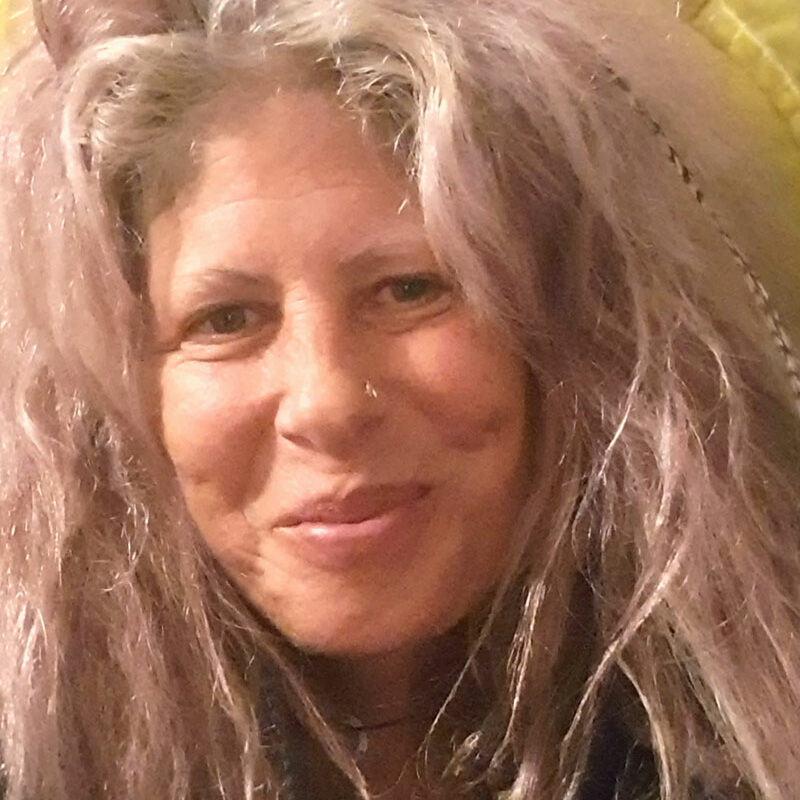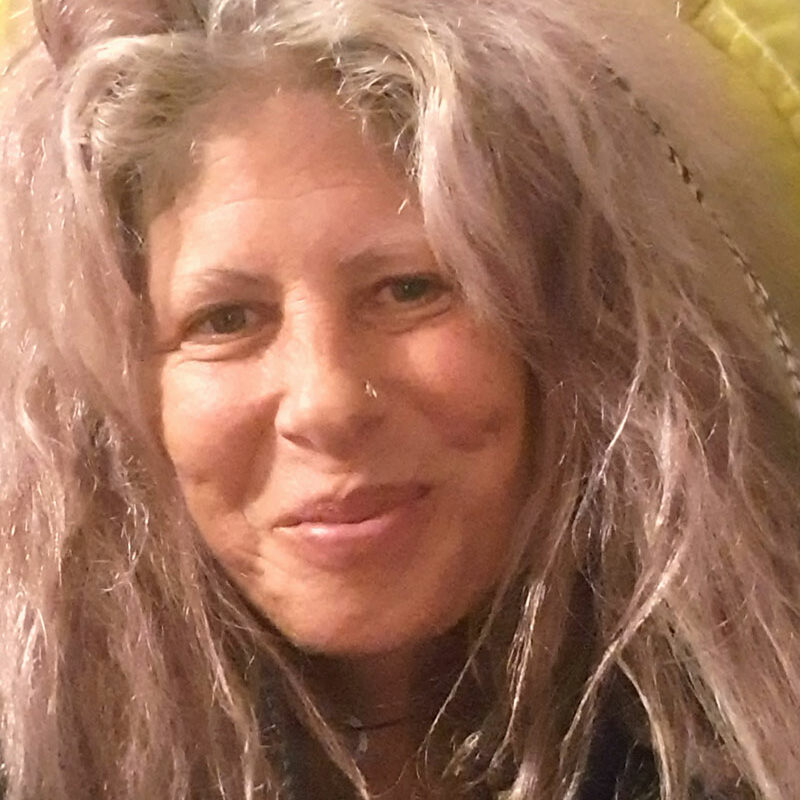A deep, creative and transformative process, which supports you through your holistic awakening journey and individual personal health revolution
Talking About Guilt And Regret
Talking About Guilt And Regret
‘Talking About Guilt And Regret’ by Rowena J Ronson and Nigel Summerley
RJR: Other than for people who have committed terrible crimes, I am wondering about every day thoughts and feelings of guilt and regret and how these two very powerful dark forces shape our lives. I am curious to hear your initial reaction to this question…
NS: Did you see The Eichmann Show on TV recently? If so, it might be interesting to bring that into this discussion. That looked at guilt in relation to the most terrible crimes – but I think there is a connection between that guilt and the guilt/regret that may affect us all in our everyday lives. Either way, it seems to be bound up with dealing with, and accepting the reality of, the past – and not letting it poison the present (and future).
RJR: I haven’t seen it yet. But I will. But I am less interested in the obvious guilt that people who commit terrible crimes ‘should’ feel. I am more interested in how are lives are shaped by guilt and regret, and shame for that matter, and how you feel about that.
NS: I was just thinking of The Eichmann Show – or more correctly, the original footage from the Eichmann trial that was used in the film – because the focus was on Eichmann’s face as he was confronted with the evidence of the atrocities committed during the Holocaust, for which he bore considerable responsibility, although his defence was largely that he was acting under orders, and according to his loyalty to the Nazi state. That face was almost constantly twisted in a lopsided grimace that seemed to me (but I could be wrong) a sign of painful suppression of acceptance of guilt for the awful suffering of thousands of men, women and children. When we suppress guilt or regret, then it so often manifests in some other way – physical, mental or emotional. On one or more levels we can become twisted or crippled. This seems to be a danger for all of us. Not on the level of Eichmann – although he was an “ordinary” human being, albeit tangled up in dreadful actions. Guilt and regret will cripple us, if we let it. So is the simple answer to accept our mistakes and wrongdoings, and see the stupidity of guilt and regret and let them go?
RJR: This is where I was coming from, yes. I would say acceptance is key to everything. Accepting our wrongdoings and those of others. Allowing the lessons we have learned to influence and create who we are, but not allow our guilt and regret to colour our landscape by tainting our present and future. Otherwise we live a life stuck in the past and we become disabled in our ability to fulfil our purpose in this lifetime…
NS: Many people would say that they can’t help feeling guilty or can’t help feeling regret. Why is that? And how do they get rid of these feelings? And do they really want to get rid of them? Acceptance may be difficult for them – for all sorts of reasons.
RJR: I would say because people can feel helpless to feel any different, or they can feel they deserve the guilt and regret they are feeling. And I guess for some, these feelings are not really in their awareness. Certainly I feel a lot of people think that once they think in a particular way, changing their thoughts and consequently how they feel, is beyond their control. What do you think?
NS: It’s odd – because it can feel beyond one’s control. But logically, actually, it all comes from within. That thing of deserving to feel guilty can be strong, as if imposed from outside, but again, it is self-imposed. Do parents, education, media and religion all play a part in setting down the framework for guilt and regret? Or is it purely a masochistic self-harm? It seems like it may not be a case of changing thoughts – but simply stopping thoughts that basically don’t make any sense.
RJR: Feeling guilt, shame and regret are certainly programmed into us as a result of our original conditioning. But they are also sustained by our ongoing self-conditioning. I counsel many people who have these kinds of thoughts and they can be very attached to them. I think they would argue that they do make sense, as they have become so proficient at viewing the world through that lens. CBT can be really helpful I find.
NS: Why are we programmed in this way? Is this a worldwide phenomenon or is it peculiar only to some cultures? And are we so deeply programmed that we can’t see that that is why we feel the way we do? How does CBT help? Is it really more effective than stopping and taking a deep look into oneself – seeing what has happened and accepting it and starting afresh?
RJR: Being a parent is not an easy task. It is not like we start with our own clean sheet. We have our individual conditioning, developed, perfected and passed on through our ancestry. We are complex human beings. And each and every interaction with our children, and all their interactions with their siblings – when we are exhausted, exasperated, when we are doing our best, when they are learning and pushing our boundaries – all of this goes into the picture of how they will then see the world and the stories they will tell themselves of who they are and how they fit in. Is it a worldwide phenomenon? I would say so. Are some cultures more susceptible than others? Yes. Are we deeply programmed, so much so that we cannot be objective? Yes. Are there many techniques to help us become more self aware? Absolutely. Is it an easy journey? No. Nigel, have you known many people who can just stop and perceive themselves objectively and then have the tools to see the world from a completely different perspective? CBT is a useful tool but there are others too. CBT helps us to question our beliefs about ourselves. But reading a good book or watching a thought provoking film can do the same, if we are open to self-reflection and change. And of course homeopathy is another tool for creating a shift in how we view the world and ourselves within it.
NS: Is there a danger that some of the tools for self-reflection and change – however well intentioned – may actually add to the “programming” and make it even more difficult for us to see straight (something which, as you say, is extremely difficult for just about all of us).
RJR: Can you say more about what you mean? Maybe give me an example?
NS: Say, one takes up some form of meditation or subscribes to some belief system or some therapy or method (all of which will have been devised by someone else), then might that only add to one’s inability to see clearly? The argument of “Have you known many people who can just stop and perceive themselves objectively?” (answer: no) does not necessarily mean that that is not a way to go.
RJR: I think the right method will help a person step out of their way of viewing themselves and encourage insights. When I use the process of journalling to work through an issue, I do so with the intention of challenging myself and finding more insights for a particular situation, for example. I think it is all about intention. If we have the paradigm that people do not change, we will create that as our reality. I am curious about your question and how you have phrased it. ‘`Stop’. Stop what? I think there needs to be a process someone goes through to perceive themselves differently. Can we ever see ourselves objectively? I don’t think so. Can we try and see things and ourselves from someone else’s point of view? In conversation, yes, if we are truly open to doing so. But it would be by no means easy….
NS: Stop going in the wrong direction? If we suddenly see we are going in the wrong direction, we stop – before going in the right direction. The question is whether insight comes in an instant or whether it is the result of some process. We have strayed away from guilt and regret… but perhaps not very much at all. Can we see – in an instant – that guilt and regret are destructive and pointless? Or do we need to go through a process to have that insight?
RJR: Yes, of course every moment we are capable of having a spontaneous insight, an epiphany, which can alter our perception. And in turn this can affect our thoughts and therefore our feelings of guilt and regret. I think patterns of feeling guilty can go back a long way though, and, as I said before, can be part of our conditioning. Guilt for one issue might shift in an instant with an insight, but an entire deep rooted pattern might take longer. But anything is possible 🙂
NS: That seems to be the essence of the problem. Some guilt/regret can be shifted in an instant. But we may not even be aware of how the deep guilt/regret is affecting us. If the instant insight works through seeing something completely clearly, can we somehow see the deeper problems just as clearly? As you say, anything seems possible… but are we frightened that if we do see things clearly, then we might be somebody different?
RJR: I am not sure Nigel. I think people are generally acutely aware of how guilt can rule their lives. They can see that in an instant. But shifting a whole way of being in their world is not as easy as making a decision that you will. Much like regular doses of homeopathic remedies, there needs to be gentle, regular pushes to our unconscious to continue to remember to create change….
NS: Perhaps everyone has to tackle the problem of guilt and regret in their own way – with or without outside help. I think that one thing we can agree on is that neither guilt nor regret serve no useful purpose for us – and that we will live better lives (and behave better to those around us) if we are free of these negative and destructive feelings.
RJR: I couldn’t agree more. What do our readers think?

Rowena J Ronson
Rowena J Ronson Shape-Shifter Intuitive Natural Medicine Healer Homeopath Counsellor Functional Medicine Individuals, Relationships & Families For You

